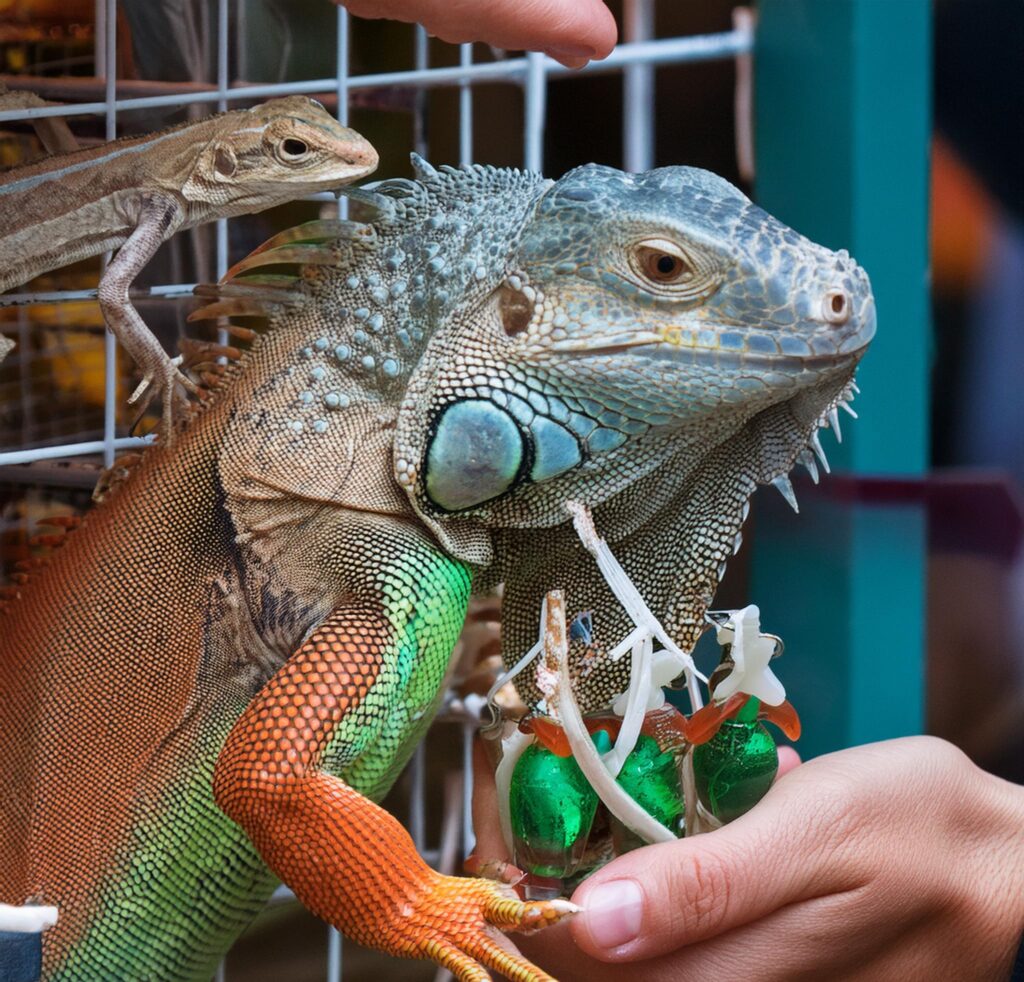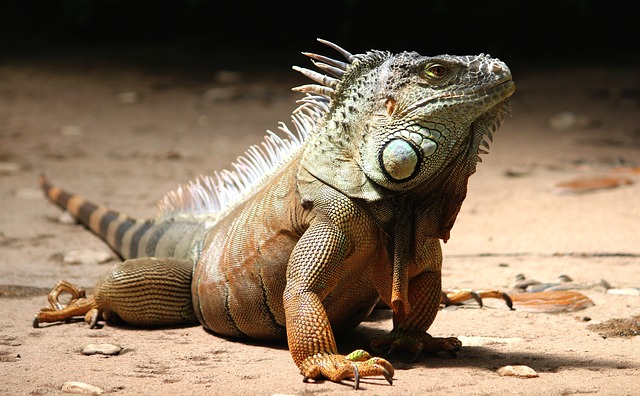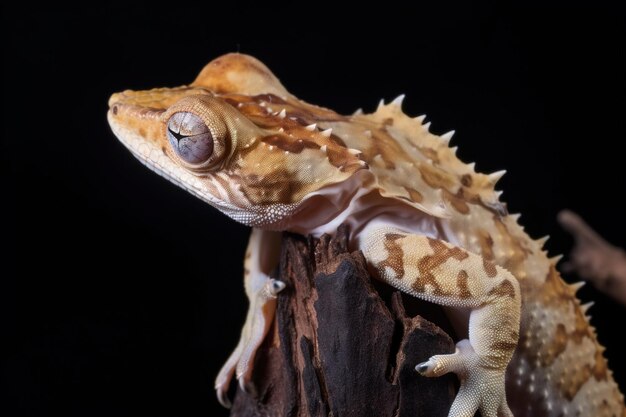The Ethics of Keeping Reptiles as Pets
Introduction
Reptiles as pets have been gaining popularity in recent years, but the question of their ethical treatment remains a contentious issue. While some people argue that keeping reptiles in captivity can provide educational opportunities and conservation benefits, others believe it is unethical to confine these creatures to a life in captivity. This article explores the ethics of keeping reptiles as pets, weighing the arguments from both sides.
Understanding the ethics of pet ownership
Owning a pet comes with certain responsibilities, including ensuring their well-being and providing for their needs. When it comes to reptiles, the ethics of pet ownership become even more complex. Reptiles have unique requirements and challenges that must be carefully considered. It is essential to understand the inherent ethical implications of keeping reptiles as pets.
The unique considerations for reptile ownership
Reptiles have specific needs that must be met for them to thrive in captivity. They require appropriate housing, specialized diets, and temperature regulation. Neglecting these considerations can have serious consequences for the reptile’s health and well-being. It is crucial for potential reptile owners to educate themselves about the specific requirements of the species they are interested in keeping.

Common misconceptions about keeping reptiles as pets
There are several misconceptions surrounding the keeping of reptiles as pets. One common myth is that reptiles are low-maintenance pets. While they may not require the same level of attention as dogs or cats, reptiles still require regular care and specialized environments. Another misconception is that reptiles do not experience emotions or require social interaction. Research suggests that reptiles do have social needs and can experience stress and anxiety if these needs are not met.
Ethical sourcing of reptiles for the pet trade
One aspect of reptile ownership that raises ethical concerns is the sourcing of reptiles for the pet trade. Many reptiles are captured from the wild, which can have detrimental effects on wild populations. It is important to support ethical breeders who prioritize the well-being of their animals and work to conserve rare and endangered species through captive breeding programs. By choosing reptiles from responsible sources, pet owners can contribute to the promotion of ethical practices in the reptile trade.
Proper husbandry and care for reptiles
Providing proper care and husbandry for reptiles is essential to ensure their well-being in captivity. This includes providing appropriate housing, temperature regulation, and a balanced diet. Reptiles also require regular veterinary check-ups to monitor their health. Pet owners must be committed to continuously educating themselves about the best practices for reptile care and be willing to invest the time, effort, and resources necessary to meet their unique needs.
The importance of education and research in reptile ownership
Education plays a crucial role in promoting ethical reptile ownership. By learning about the natural history, behavior, and specific needs of reptiles, owners can better understand how to provide them with a suitable environment. Research also plays a vital role in improving reptile husbandry practices, ensuring that owners have access to the most up-to-date information on caring for their pets. By supporting educational initiatives and scientific research, reptile enthusiasts can contribute to the ethical treatment of these animals.
Advocacy for responsible reptile ownership
Advocacy for responsible reptile ownership involves promoting ethical practices and educating others about the unique needs of reptiles. This can include raising awareness about the importance of proper care, supporting legislation that protects reptiles, and encouraging others to consider the ethical implications of keeping reptiles as pets. By advocating for responsible ownership, individuals can help ensure the well-being of reptiles in captivity.
Alternatives to reptile ownership for reptile enthusiasts
For individuals who are passionate about reptiles but are unable to provide the necessary care or meet the ethical considerations of reptile ownership, there are alternative ways to engage with these creatures. Supporting local reptile sanctuaries or volunteering at reptile rescue organizations can provide opportunities to interact with reptiles and contribute to their well-being without the long-term commitment of ownership. Additionally, visiting zoos, nature centers, or participating in reptile-focused educational programs can provide educational experiences and foster a deeper appreciation for these animals.
Conclusion: Promoting responsible and ethical reptile ownership
Navigating the ethics of keeping reptiles as pets requires careful consideration of both the physical and psychological well-being of these animals. By examining the arguments from both sides, we can better understand the ethical implications of keeping reptiles as pets. Responsible reptile ownership involves ensuring proper care, supporting ethical practices in the reptile trade, and promoting education and awareness. By doing so, we can strive to create a world where reptiles are treated with respect and provided with the care they deserve.
This 3000-word blog article explores the ethics of keeping reptiles as pets. It delves into the unique considerations for reptile ownership, common misconceptions, ethical sourcing, proper care, the importance of education and research, advocacy for responsible ownership, alternatives to ownership, and concludes with a call to promote responsible and ethical reptile ownership.






